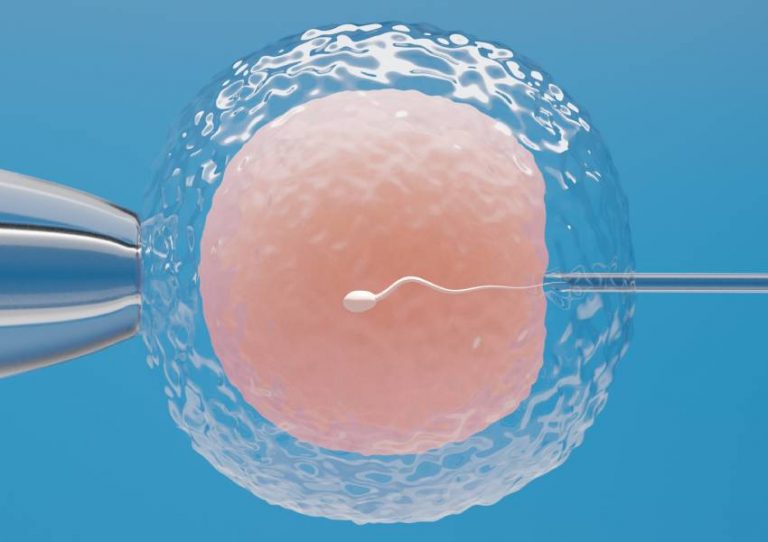Who should check for fertility status?
- Couple anxious to plan pregnancy
- women who failed to conceive after 1 year of regular unprotected sexual intercourse.
- women of age 35yrs or more who failed to conceive after 6months of regular unprotected intercourse.
- unmarried women of age 35yrs or more willing to plan pregnancy in a future
- couple of age 30yrs or more wishing to differ pregnancy for few years.
- women are under medication for cancer or any chronic illness.
- women with PCOS and her age is 30yrs or beyond.
WHY?
The fertility status of the couple is directly related to the age of the couple, frequency of sexual intercourse, chronic illness, medical history, and willingness to start a family.
The goal of every couple is to have a healthy and anomaly-free baby. This is possible if the pregnancy is planned at the right age and the right time.
I recommend every couple who wants a baby between the age of 30 and 35years to undergo these basic fertility tests to know their fertility status. Depending on the fertility status one can plan when to conceive start a family.
Early diagnosis and early treatment will help in quick recovery and better pregnancy outcomes.
WHAT TESTS?
There is no one best test to check for fertility tests. Multiple tests are available depending on the cause of infertility. Here we are discussing basic tests that a couple can undergo at the preliminary stage as a first step towards planning the right time for conception.
The basic tests to check on fertility status can be done anytime. These basic tests, tests are as follows.
- AMH (wife):
AMH is a blood test for women that became the ‘gold standard in fertility blood tests.
AMH levels give us a good understanding of ovarian function and egg reserve.
Lower AMH levels mean low egg reserve and thus, a lower chance of success in getting pregnant.
AMH can be tested at any point of the menstrual cycle, and can also be done while taking oral contraception
2. Thyroid Profile:
The thyroid profile is a blood test done on both partners. It can be done on any day of the menstrual cycle.
Thyroid disorder has a negative impact on fertility—it reduces the ability to become pregnant and the ability to carry a fetus to term.
If a thyroid disorder is unregulated in women,
Thyroid disorder in women affects fertility in the following ways:
- Disturbed menstrual cycle, making it harder to guess the ovulation day, leading to delay in conceiving.
- Interference with the release of an egg from the ovaries (ovulation)
- disturbing the implantation of the embryo in the uterus
Thyroid disorders in men can also affect a couple’s fertility. Dysregulated thyroid function can damage sperm quality and motility, making it difficult for the sperm to enter the egg for fertilization
3. Prolactin:
The prolactin test is a blood test done on a female partner. It can be done on any day of the menstrual cycle, preferably at 8 am in morning.
The hormone prolactin is made by the pituitary gland and is responsible for milk production during breastfeeding. But the high level of prolactin interferes with ovulation leading to the disturbed menstrual cycle. this in turn decreases the chances of women getting pregnant.
4. Ultrasound TVS (Transvaginal Scan):
The transvaginal scan is an ultrasound of the pelvic region done in female partners only.
The best time for the scan is on Day 2 or Day 3 of the menstrual cycle.
The ultrasound scans provide information on the ovaries, endometrial lining, and uterus. Specialized ultrasounds can be used to evaluate an ovarian reserve and the uterine shape in more detail.
The scan helps to rule out polycystic disease in the ovary.
5. Semen Analysis:
Semen analysis test is a test for the male part.
This test is performed after 3 to 4 days of abstinence.
Semen analysis, also known as a sperm count test, analyzes the health and viability of a man’s sperm. Semen is the fluid released during ejaculation and contains sperm (plus other sugar and protein substances).
A semen analysis measures three major factors of sperm health:
- the number of sperm
- the shape of the sperm
- the movement of the sperm, also known as “sperm motility”
WHAT DO THE TEST RESULTS MEAN?
If all the above parameters are normal, the woman can either start planning for pregnancy or delay the pregnancy for a few months and years.
If any of the tests are abnormal, one should consult a doctor immediately and also start planning for pregnancy with not much delay.
The normal test results do not rule out other causes of infertility and also do not assure that there will be no challenges in conceiving at a later date.

